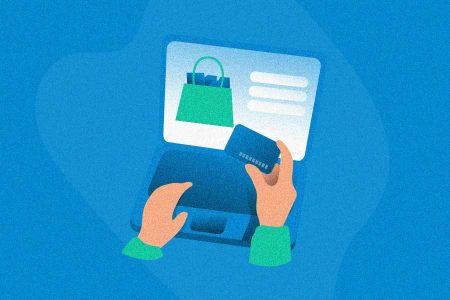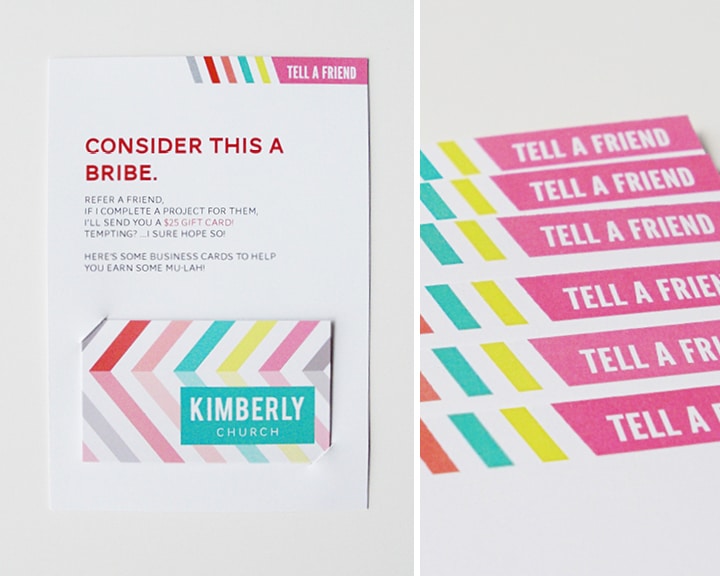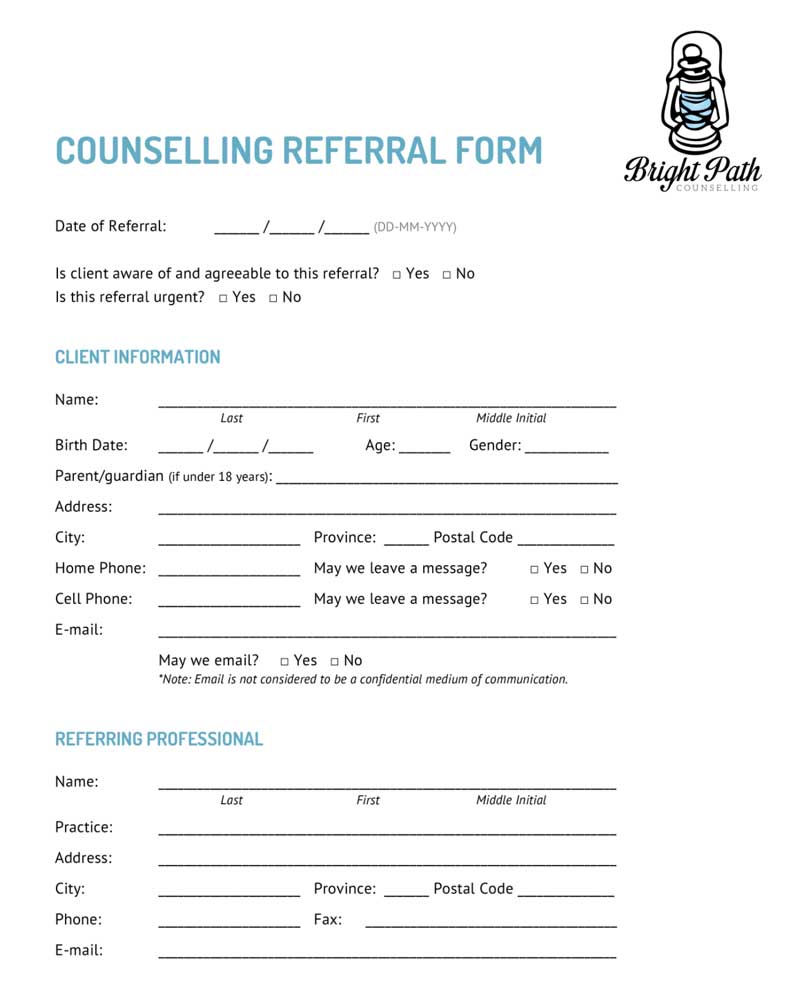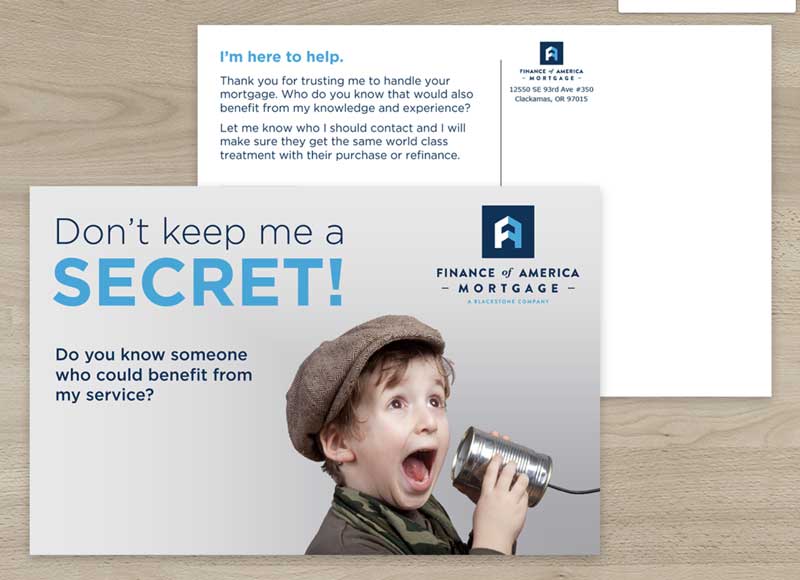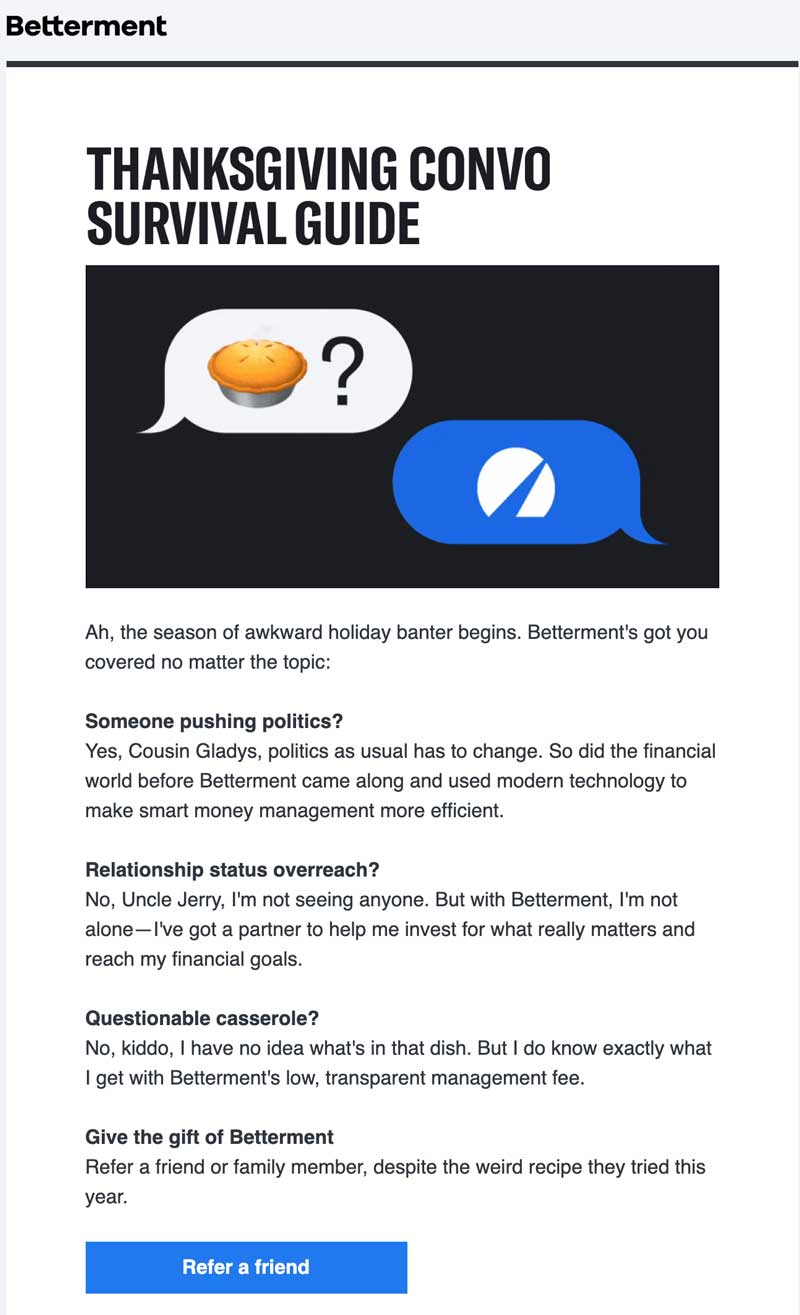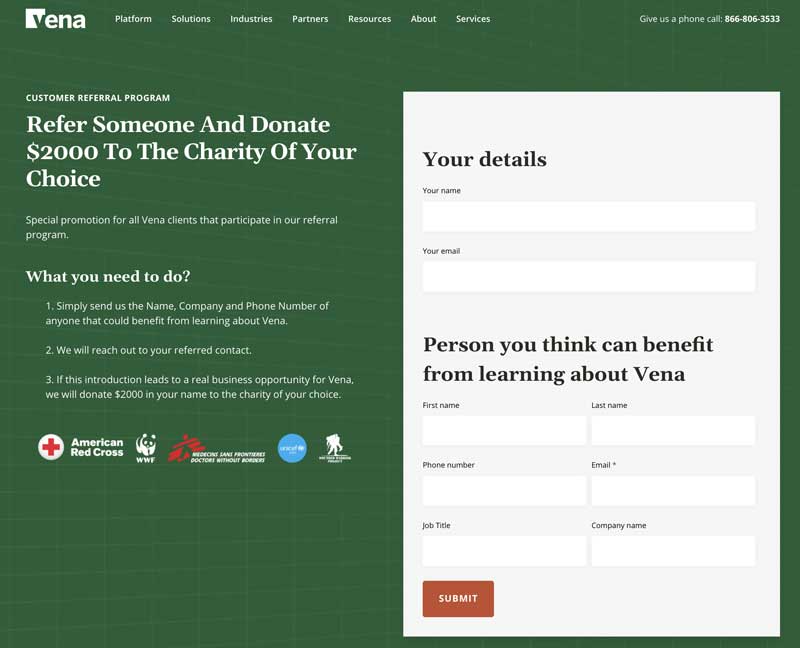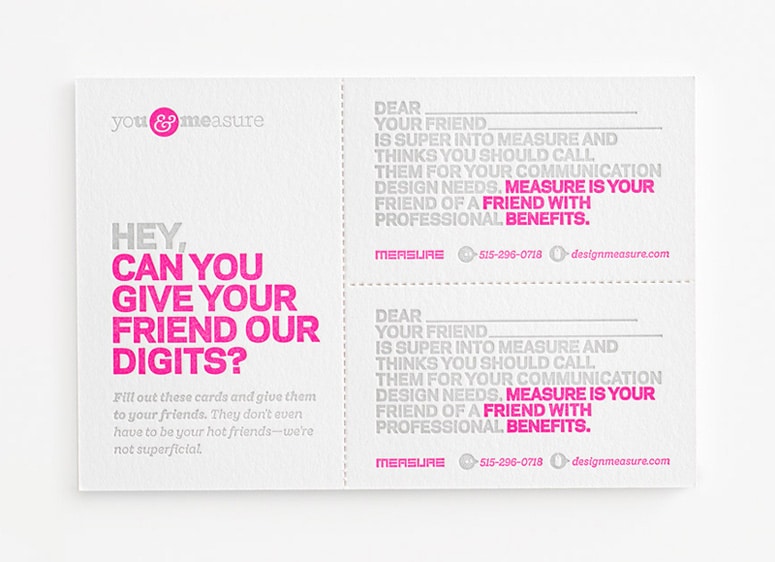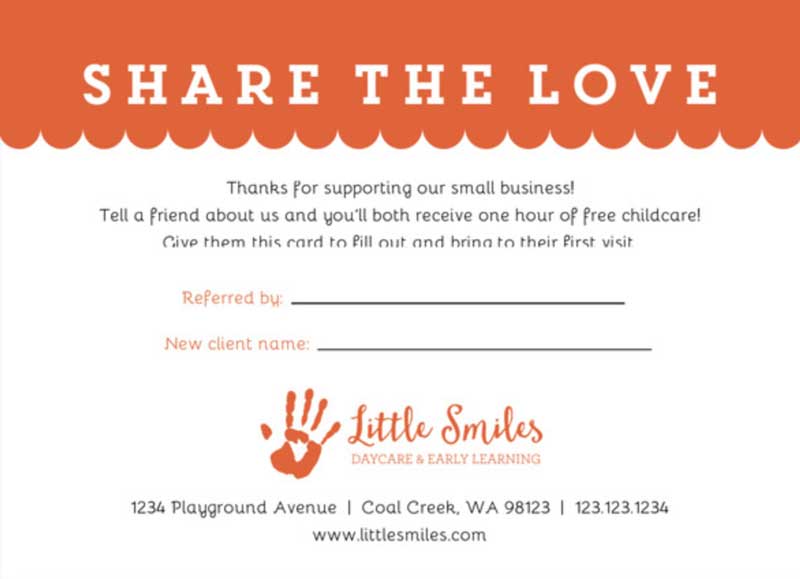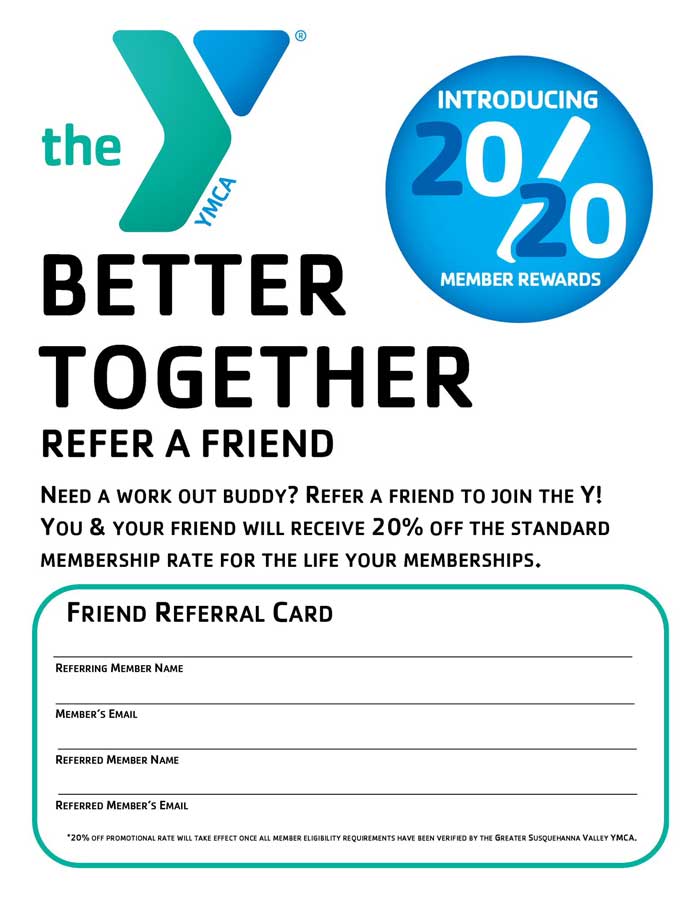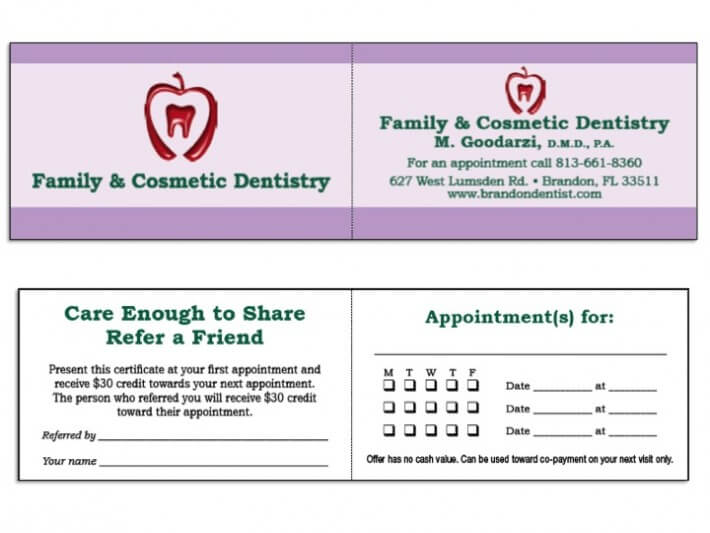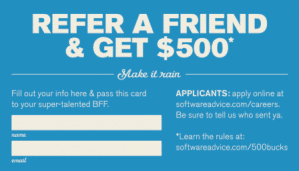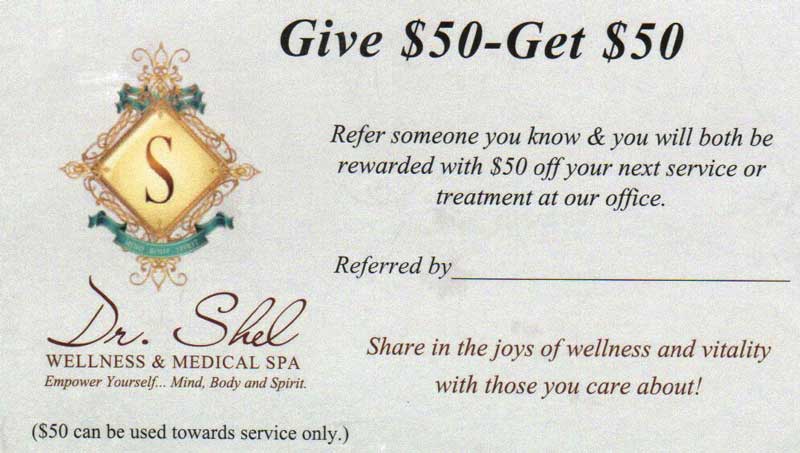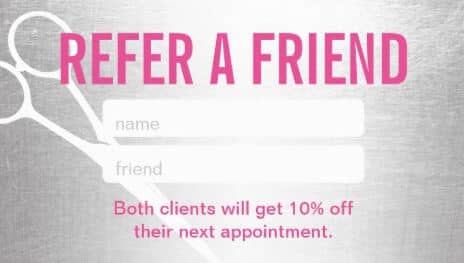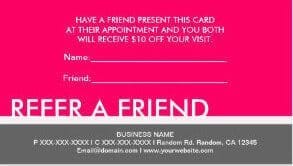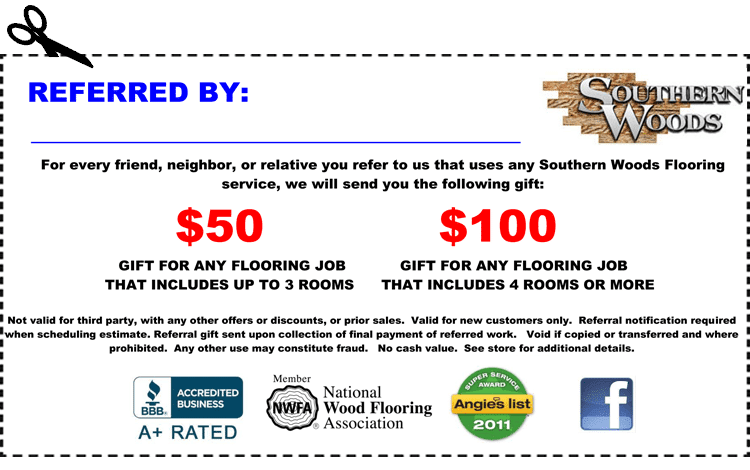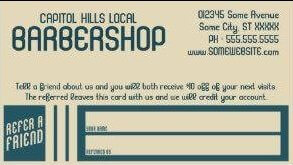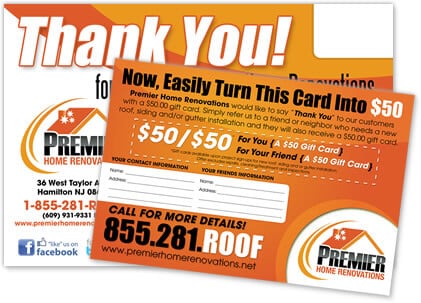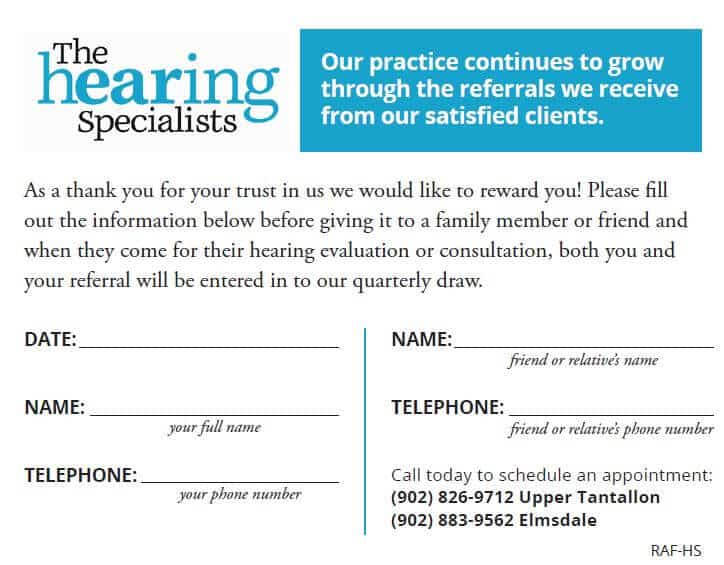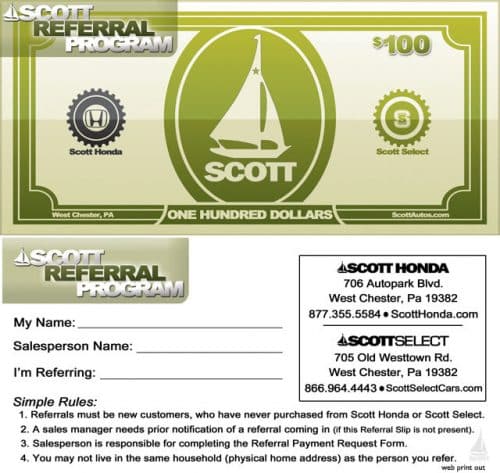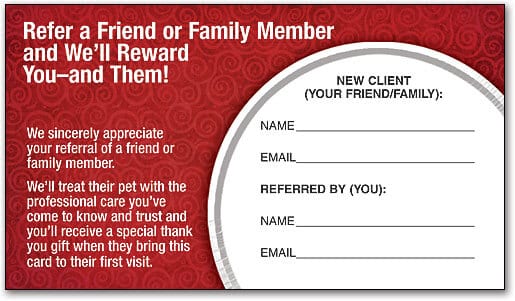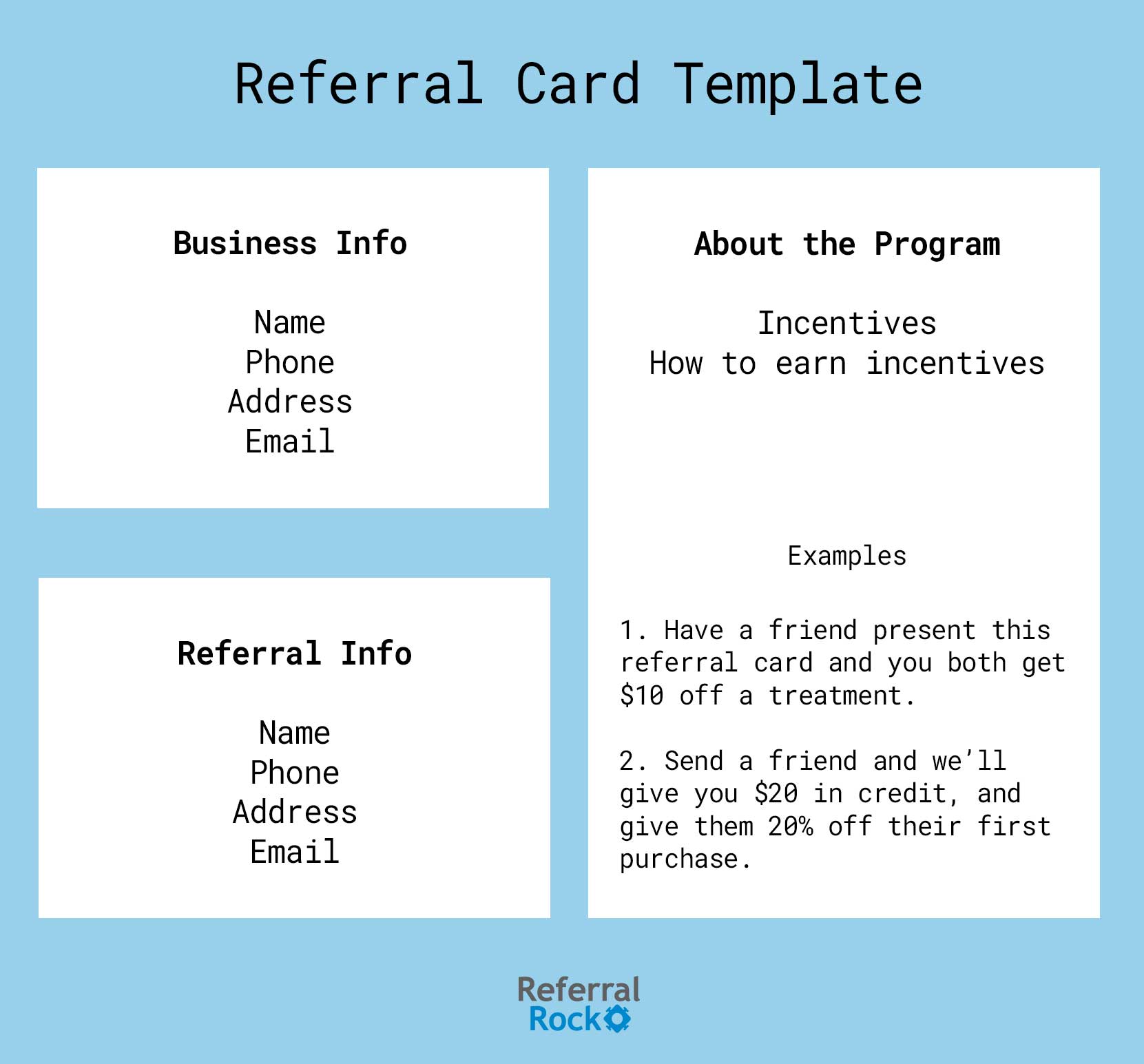Let’s be honest: When was the last time you actually remembered a text-only referral program? You know the kind—buried at the bottom of an email in tiny font saying “Tell your friends about us!” without any compelling reason why you should bother.
Now compare that to receiving a sleek, well-designed referral card that screams “HAND ME TO SOMEONE YOU LIKE AND YOU’LL BOTH GET FREE STUFF!” Which one would you actually act on?
Referral cards aren’t just printed rectangles with your logo slapped on them—they’re little marketing ninjas that turn your satisfied customer base into an army of enthusiastic salespeople. The best part? They’re probably already raving about you anyway, so why not reward them for it?
Let’s dive into the wonderful world of referral cards and discover how these pocket-sized powerhouses can transform casual customers into your most valuable growth engine.
What is a referral card?
A referral card is exactly what it sounds like—a physical or digital card that makes it ridiculously easy for your customers or employees to tell their friends, family, or that random person they met at yoga about your amazing business. It typically includes some juicy incentive that makes sharing your brand feel less like doing you a favor and more like hooking up their friends with something awesome.
Here’s the thing: People are scrolling past your text-based referral messages faster than you can say “increased customer acquisition.” But a well-designed referral card? That’s something they’ll actually notice, remember, and maybe even stick on their fridge or save in their email.
Physical referral cards are tactile and something people can save for later. But digital referral cards can also help promote your program, with visuals being more effective and memorable than plain text. Either way, a thoughtfully designed referral card can be the difference between “meh, maybe later” and “let me share this with everyone I know right now!”
Take the time to design your referral card, and you can successfully catch people’s attention and help your business stand out.
Types of referral cards
Not all referral cards are created equal. Depending on your business and goals, one of these styles might be your perfect match:
1. Business cards as referral cards (Referral business cards)
Why print boring old business cards when you could turn them into 24/7 referral machines? Think about it: your happy customer is chatting with their friend about a problem they’re having, and BAM—they whip out your card saying, “This company changed my life and if you use my name, you’ll get 20% off!”
Smart businesses are now sneaking customer referral program info onto their business cards, creating a two-for-one marketing tool that keeps giving long after the initial sale.
We’ve seen cards with referral offers like:
“Here’s some business cards to help you earn some mu-lah!”
“Refer your friends to earn $20”
“Tell your friends about me – you both get $”
Why does this work so well? Using your business card to promote your referral marketing program can be an easy way to gain new leads. Because that physical card gives your customer something to actually hand over during those golden word-of-mouth moments. When someone’s friend or family member is complaining about needing new flooring/insurance/haircuts/whatever you sell, your customer can do more than just verbally recommend you—they can instantly provide all your contact info AND a sweet deal.
“Here’s some business cards to help you earn some mu-lah!”
“Refer your friends to earn $20”
“Tell your friends about me – you both get $”
For example, say you’re a car salesperson who just gave your business card to a customer. That customer has a quick reference to your name and details, which means you’ll be first in mind whenever they go car shopping. And if any of their friends are in the market for a car, they’ll probably refer them to you, as well.
2. Employee referral forms
Your employees are walking, talking encyclopedias of what makes your business amazing—so why not leverage their networks? These insiders already know all the reasons you’re better than the competition and can explain your products better than any advertisement.
To boost your employee referrals, make sure they know about any program incentives (i.e., gift cards, cash back, points) and know where to find the forms. You can also try applying some behavioral design to your forms to motivate employees to share within their network.
3. Referral postcards
Referral postcards are an interesting approach to marketing with a lot of opportunities. You can print out postcards and hand them out to customers, or you can ask referral program members to send a hand-written postcard to their friends.
The beauty of referral postcards is their personal touch. A handwritten note from a friend saying “This service changed my life, and I thought of you!” carries 1000x more weight than a generic marketing email.
“Don’t keep me a secret! Do you know someone who could benefit from my service?”
4. Referral newsletters
Newsletters land directly in your customers’ inboxes—prime real estate for promoting your referral program. But here’s the catch: your newsletter needs to offer genuine value first, referral program second.
The best newsletters include helpful industry insights, useful tips, and content your subscribers actually care about. Then, once you’ve provided value, you can slip in a section about your referral program, perhaps highlighting your “referrer of the month” or promoting a seasonal double-rewards period.
A great example of sending something interesting (how to talk to family during the holidays), and then reminding readers to refer their friends and family in a fun way.
5. Community referral cards
Why not use your referral cards to also support community or nonprofit causes? Ask your customers for a friend referral, with a promise to donate to a worthy cause for every successful referral.
Adding a humanitarian aspect to the referral can encourage customers to make more referrals, while also aiding a good cause. Include the organization’s brand and information in the referral card so recipients can easily see the cause you’re supporting.
6. Partner referral cards
Studies show referral leads that come from partners are typically higher in quality and likely to result in a sale. If you partner with other businesses, consider printing some referral cards to leave with them or send them digital versions they can include in their emails or websites. Here are some incentive ideas to use in your partner program.
How to create a great referral card
Let’s get down to the nitty-gritty of creating referral cards that don’t end up in the trash (physical or digital).
Step 1: Look at the referral card design
For an easy way to make your referral cards stand out, why not use a distinct size, shape, color, or font? The standard business card is 3.5 x 2 inches. You could go slightly bigger and use a referral business card that’s 3.5 x 4 inches. Or, if you’re handing out physical printed cards, consider using heavier card stock or one with a different texture and feel from your other collateral.
Remember, your referral card is competing with everything else in someone’s wallet, on their desk, or in their inbox. Make it impossible to ignore!
Catch your customer’s attention with a one-of-a-kind referral card design
Step 2: Craft your referral messaging
There are several aspects of referral messaging to consider when creating your referral card:
Referral card quotes or slogans
Every great referral card needs a headline that grabs attention faster than free pizza at an office meeting. Here are some referral slogans that actually work:
- Turn this card into cash
- Help us get the word out
- Pass it on
- It pays to have friends
- Spread the word
- It’s who you know
- It’s a win-win
- Sharing is caring
- Friends wanted
“Share the love”
The referral call to action
A persuasive call to action will make your referral card infinitely more effective. Don’t just hope people figure out what to do with your referral card—tell them exactly what action to take (refer friends!) and what reward they’ll get for taking it:
Here are some call-to-action examples:
- Tell your friends about us
- Refer your friends. Get free products.
- Send a friend $10
- Refer a friend and you both get 20% off
- Tell a friend about us, and earn $50
- Make money by referring your friends
- Refer and you shall receive
“You and your friend will receive 20% off the standard membership rate for the life of your memberships.”
If you’re using a referral card to get sign-ups for your referral program, simply adjust the call to action to fit your needs. In this case, your call to action might be:
- Sign up for our referral program and earn $10
- For every friend that signs up, you earn $20 each
The referral value proposition
The most important question your referral card needs to answer is: “Why should I care enough to share this with someone else?”
Yes, the referral bonus helps, but people also need to believe in what they’re recommending. What problem do you solve? How are you different from competitors? What makes you referral-worthy?
Simple statements like “Best doughnuts in town!” or “The only accountant who speaks plain English” give people a reason to share beyond just the incentive.
“Best doughnuts in town!”
Step 3: Consider other program requirements
Don’t forget the nuts and bolts! If people need to fill out a form or sign up online, make sure your website URL is prominently displayed (and clickable, if the card’s digital). And if you’ve gone with a physical card to promote a digital program, include a QR code for instant access to their referral link. Consider creating a dedicated email address for tracking referrals. Some businesses even include a space for customers to write their contact details directly on the card.
A business card/referral card hybrid from a dentist, which also features an appointment tracker.
Referral card ideas and examples
After seeing the referral quotes, calls to action, and other elements listed above, you’re probably starting to get an idea of what your referral card will look like. While referral cards come in a wide variety, the key is to design a card that customers want to share.
Get your creative juices flowing with some referral card examples:
Standard referral cards
Employee application referral card from SoftwareAdvice
A spa referral card with $50 rewards for both referrer and friend
Two hair stylist / hair salon referral cards that each offer a 10% discount to the member and friend
A referral card for flooring services, with two different reward levels
A barbershop referral card example, with a $10 appointment credit as the reward
Referral cards with sign-up forms
A home renovation referral card form, with a $50 reward for referrer and friend
A hearing specialist referral card, including heartfelt thanks for referrals
A car dealership referral card form, including simple terms and conditions
A refer-a-friend card for a veterinarian or pet grooming service
If you need other ideas when designing your referral card, there are many sites you can visit. Creative Market has some good referral card inspiration, while other businesses like Canva, Moo, and GotPrint offer many customizable card options and an easy-to-use print service.
Referral card template
The best referral cards are convenient and contain everything a customer needs to know to join your program. Here’s a basic refer-a-friend card template you can use to successfully invite customers to join your program.
3 parts of a refer-a-friend card template
- Business info: Name, phone, address, email
- Referral info (the person being referred): Name, phone, address, email
- About the referral program: Incentives, how to earn incentives
Tips for using your referral cards
Before you start printing cards by the thousands, keep these practical tips in mind:
- Give your referral card to customers only after you’ve established a relationship with them.
- Timing is everything when handing out referral cards. Look for the right moment when the customer is most engaged and happy with your product or service (i.e., after they’ve made a purchase, after customer support has solved an issue). Mailing out referral cards is also a great way to engage with your market. Whenever you send physical mail or packages to customers, throw in one or two referral cards into the delivery.
- Make it easy for your customers to give your referral card to others. For example, if you’re using a referral card mailer, make sure the postage is paid so all they have to do it write their name and drop it in the mailbox.
- Track the effectiveness of referral cards and keep making improvements. For example, you can run an A/B test to see whether the printed cards or online cards have a higher conversion rate.
- Be sure to thank anyone who sends you a new customer or business referral. A simple thank you card or email can go a long way in making your loyal customers feel appreciated.
Ready to create your refer-a-friend card?
One of the easiest ways to promote a referral program is to mention it in relevant channels. Referral quotes and messaging should be on your website, email newsletters, social media profiles, and even on your business card. The more a referral program is seen, the more likely it will succeed.
Referral cards combine two powerful marketing approaches: referral marketing and broader word of mouth. As you can see from the range of examples in this article, referral cards are the perfect chance reward your customers and show your personality in the process.
Use the tips above to make your own distinct referral card, or simply add a referral slogan to your existing business card or newsletter. Either way, referral cards are a great opportunity to promote your program and increase the chances of growing your market.
